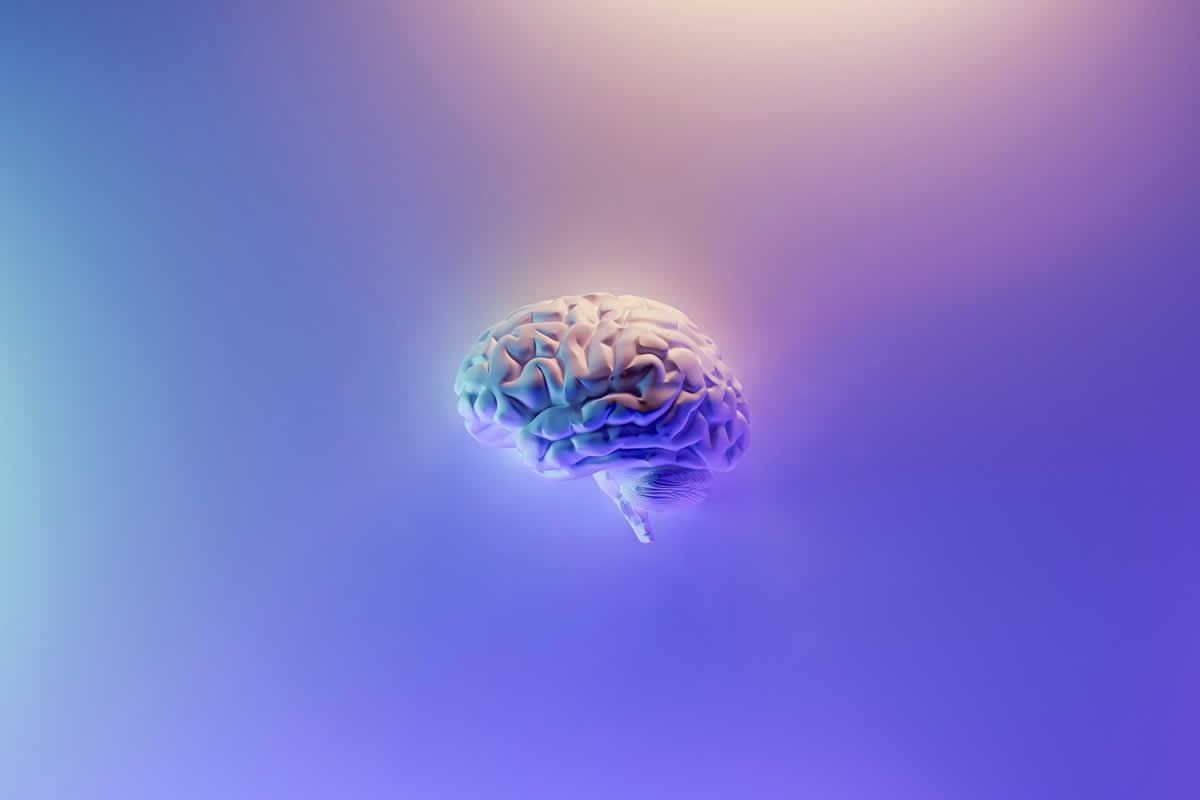
Exploring Brain Waves: Understanding Their Impact and How to Harness Them
Introduction
Have you ever wondered what's really going on inside your head? Beyond thoughts and emotions, your brain is a hub of electrical activity. This activity can be measured in wave patterns known as brain waves. These waves are more than just random activity; they are deeply connected to your state of consciousness, affecting everything from your focus and mood to your sleep quality. In this article, we’ll decode the mysteries of brain waves, explore how they influence our daily lives, and provide practical advice on how to manipulate these waves for better health and increased cognitive performance.
Understanding Brain Waves: The Basics
Brain waves are electrical impulses in the brain, generated by the synchronized activity of neurons. They are usually divided into five different types based on their frequency ranges: Delta, Theta, Alpha, Beta, and Gamma. Each type of brain wave is associated with different mental states and cognitive functions.
- Delta Waves (0.5-4 Hz)
Delta waves are the slowest brain waves, commonly associated with the deepest stages of sleep and restorative states of the body. They facilitate healing, regeneration, and are essential for deep, dreamless sleep. - Theta Waves (4-8 Hz)
Theta waves are linked to creativity, intuition, daydreaming, and REM sleep. They occur during light sleep, deep relaxation, and visualization. This state is often where the mind bridges the conscious and subconscious layers. - Alpha Waves (8-12 Hz)
Alpha waves are present during quietly flowing thoughts, and in some meditative states. Alpha is considered the resting state for the brain. Alpha waves aid in mental coordination, calmness, alertness, and learning. - Beta Waves (12-38 Hz)
Beta waves dominate our normal waking state of consciousness when attention is directed towards cognitive tasks and the outside world. They are associated with active thinking, problem-solving, judgment, and decision making. - Gamma Waves (38-42 Hz)
Gamma waves are the fastest of brain waves and relate to simultaneous processing of information from different brain areas. Gamma waves pass information rapidly and are involved in learning, memory, and information processing. They are thought to arise from the brain managing sensory input in different areas simultaneously.
How Brain Waves Influence Us
Understanding these waves not only provides insights into cognitive functions but also offers pathways to enhancing mental health and physical well-being.
Mood and Productivity
Beta waves are beneficial for engaging tasks, learning, and working. However, an excess of beta activity is associated with stress, anxiety, and restlessness. Balancing Beta with Alpha waves can help manage stress, promote relaxation, and reduce anxiety, leading to improved productivity and emotional stability.
Sleep and Restoration
Poor sleep often correlates with insufficient Delta and Theta wave activity. Enhancing these waves can improve sleep quality, thereby improving health and cognitive function over time.
Creativity and Meditation
Increasing Theta and Alpha waves can boost creativity, intuition, and provide a richer meditation experience. Activities that promote these states include mindfulness exercises, relaxed reading, and being in nature.
Practical Tips to Harness Your Brain Waves
- Meditation and Relaxation Techniques: Regular meditation can increase Alpha and Theta waves, aiding in stress reduction and boosting creativity.
- Sleep Hygiene: Encouraging better sleep by sticking to a schedule and creating a restful environment can help enhance Delta waves.
- Focused Cognitive Tasks: Engage in challenging puzzles, learning new skills, or reading to boost Beta waves for improved cognitive function.
- Mindful Breathing Exercises: Slow, deliberate breathing can enhance Alpha wave production, leading to greater relaxation and focus.
Wrapping It Up: Ride the Waves
By understanding and influencing your brain waves, you can potentially enhance your mental, emotional, and physical well-being. It’s like becoming a skilled surfer who knows how to ride the waves of their own mind. So, whether you’re looking to sharpen your mind, foster peace, or tap into your creative fountain, consider how you might influence your brain’s symphony to better your life.
By exploring and applying the knowledge of brain waves, you open up new possibilities for mental enhancement and overall well-being. The key is balance and understanding how to manipulate these waves to serve your needs best.




